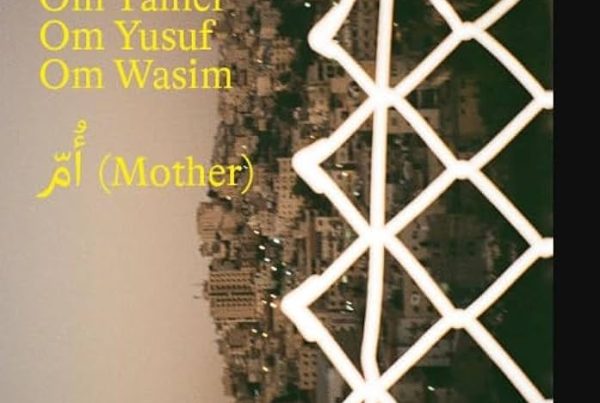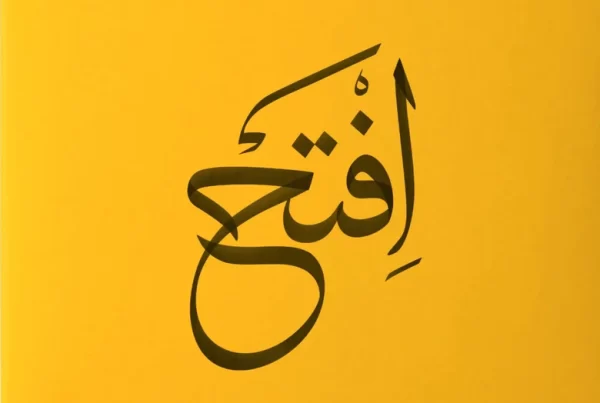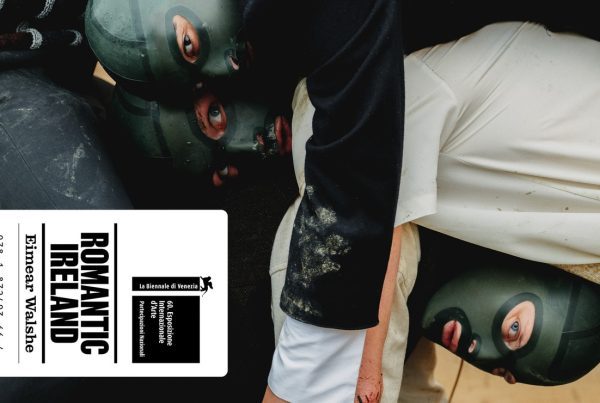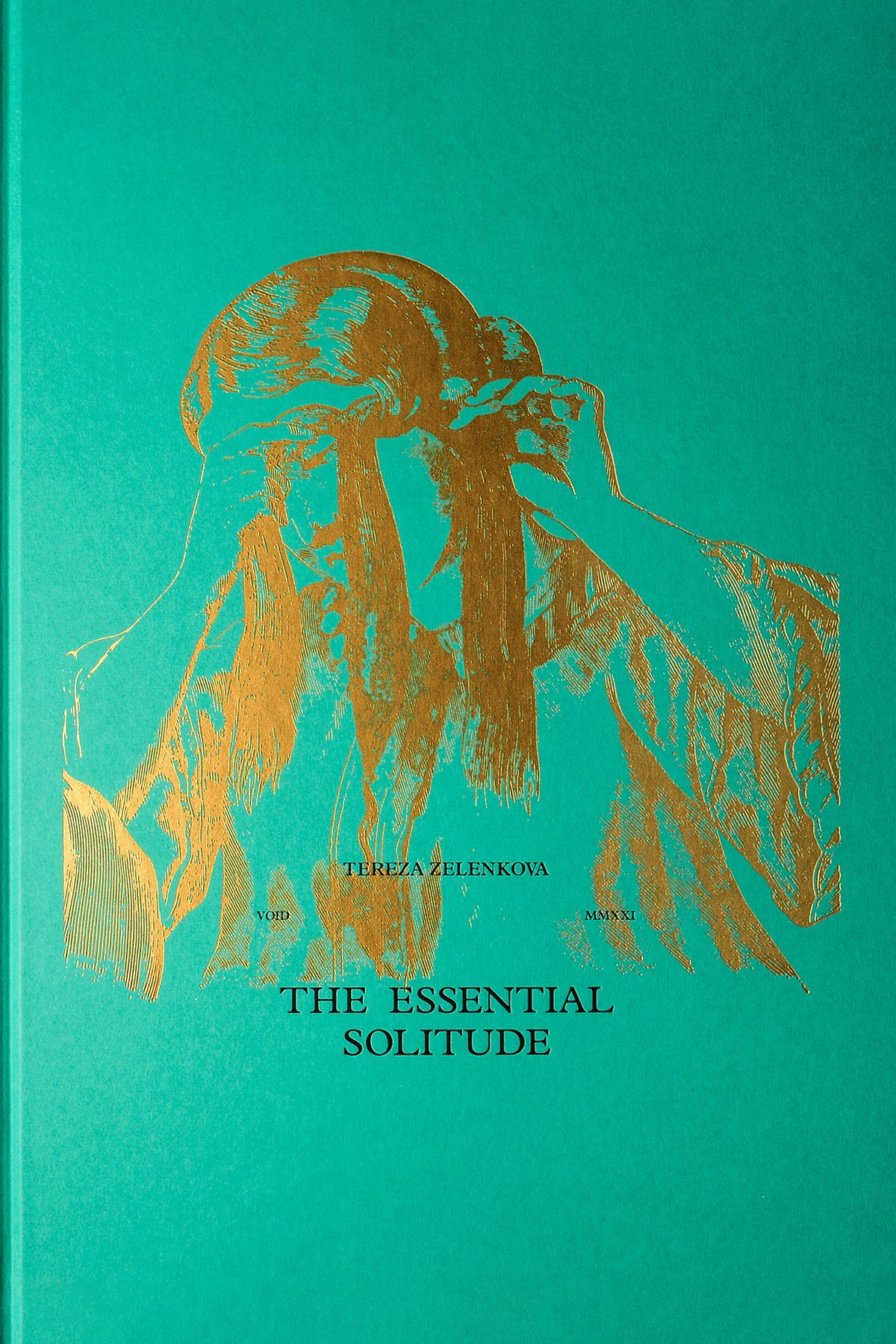
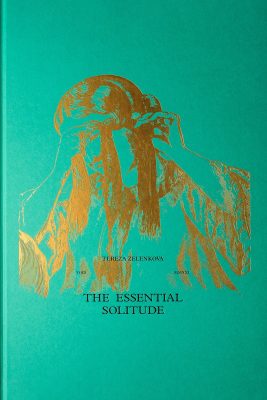 The Essential Solitude
The Essential Solitude
Tereza Zelenkova
Void
English
Hardcover
Edition of 1250
80 pages
240 x 320 mm
2018
ISBN 9786185479145
There are places where time has ceased to exist a while ago through a careful and thoughtful maintenance of appearances. Then there are places where time has always had its way and corruption and decay has marked its every surface. How strange it is then that after spending some time in a painstakingly preserved interior of the former, one can after a short while recognize a faint odor of formaldehyde in the air and right after come to the realization that, in fact, he finds himself inside a body of an embalmed corpse. On the contrary, the rotting entrails of a seemingly derelict room can be surprisingly high-spirited. With death comes renewal; past, present and future co-exist together within the folds of decomposing upholstery and life and its counterpart can no longer be perceived as contradictions, but only as an eternal cycle of things. Like the Sun, decay brings both life and destruction.
These photographs show one such room. Although at first sight a derelict ruin, it is also a folly created by someone who I’d like to imagine as the 20th century answer to Des Essientes, a decadent character from J. K. Huysmans infamous novel A Rebours, who transformed his house into a sensual feast in which he surrounded himself with historic interiors, carefully arranged objects and, of course, an array of smells and sounds. “Travel, indeed, struck him as being a waste of time, since he believed that the imagination could provide a more-than-adequate substitute for the vulgar reality of actual experience”.
A book as figure for an infinite knowledge, a room as a stage for imagination, “a room that is like a dream, a truly spiritual room, where the stagnant atmosphere is nebulously tinted pink and blue. Here the soul takes a bath of indolence, scented with all the aromatic perfumes of desire and regret. There is about it something crepuscular, bluish shot with rose; a voluptuous dream in an eclipse. Every piece of furniture is of an elongated form, languid and prostrate, and seems to be dreaming; endowed, one would say, with somnambular existence like minerals and vegetables. The hangings speak a silent language like flowers, skies and setting suns”. And within there’s a figure – part female, part male; half deity, half whore; both immortal and corpse, and like Maldoror crouching in the depths of his cave, eyes closed, moves his neck from right to left, from left to right, for hours on end. “I cover my face with piece of velvet, black as the soot which gathers inside chimneys”, writes Lautréamont. The enigma of Isidore Ducasse, dying alone in a gritty room of one of the cheap hotels in the 19th century Paris, haunts these photographs as much as delirious visions of an anonymous opium eater, arms spread open on filthy sheets covering a makeshift bed. Baudelaire embarked on distant voyages running his long thin fingers through his lover’s hair (“If you only knew all that I see! all that I feel! all that I hear in your hair!”); Rimbaud hadn’t seen the sea before writing The Drunken Boat; there’s no need to leave this room, which one man had dreamt out in the 1970’s London. What is irrefutable is solitude – the essential solitude of this room that no longer fits within its surrounding buildings of glass and steal, of the one trapped within; of a reader, writer, or of anyone else looking into the abyss on the reverse side of his eyelids – the essential solitude of inner experience. After each day comes night, there’s Moon to every Sun, like the blind spot that fascinates the understanding by denying the fullness of it.
(source: https://terezazelenkova.com/The-Essential-Solitude-2018)
About the Artist
Tereza Zelenková (*1985 in Czech Republic) is an artist based between Prague and London. She is best known for her pensive black and white photographs, inspired by literature, local mythologies, and history. Central to her practice is the combination of photography with her own writing; a fertile relationship that draws together her influences of the lyrical alongside a commitment to research, resulting in often wide-ranging and complex lines of enquiry.
She has received several awards and her work has been exhibited on four different continents. Her photographs are held in the collections of Victoria & Albert Museum, Foam Photography Museum, Musée de l’Élysé, Saatchi Gallery and Fotomuseum Winterthur.
terezazelenkova.com
(source: https://terezazelenkova.com/Info)
About the Publisher
Void is an independent publishing house dedicated to photography books and education. The project is driven by its founders Myrto Steirou and João Linneu. Void works with both established and up-and-coming artists, proudly fostering photographers’ debut books.
void.photo
(source: https://void.photo/contact)

